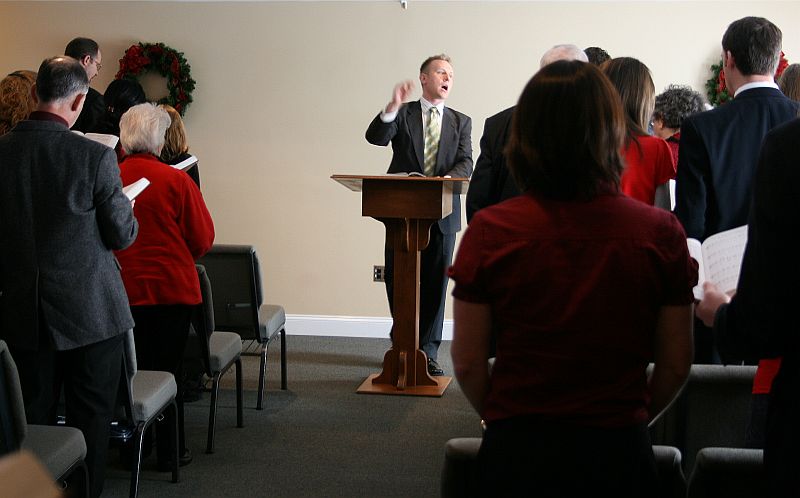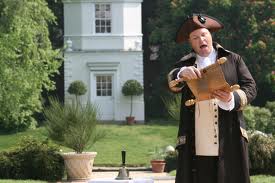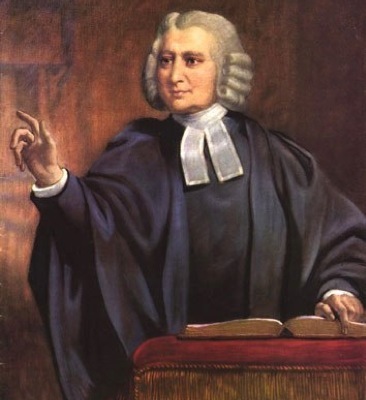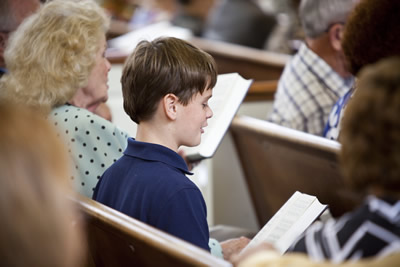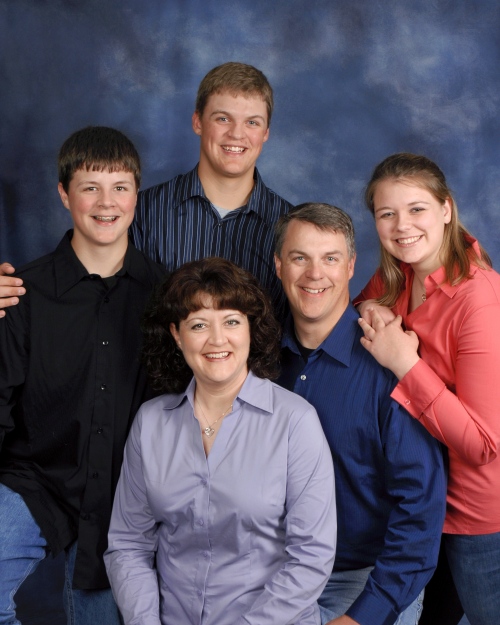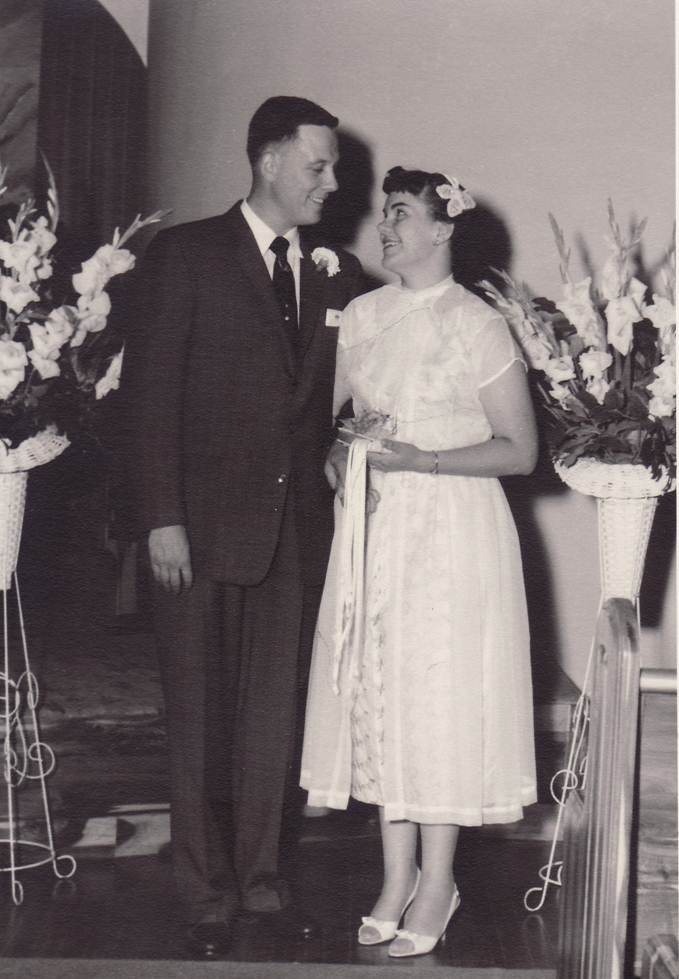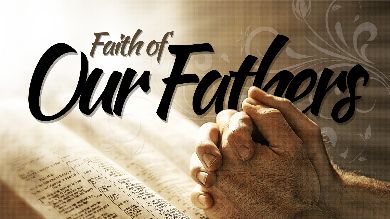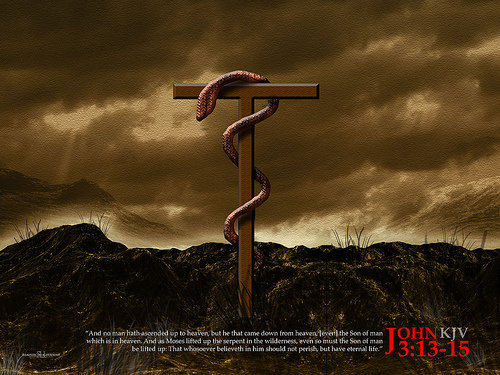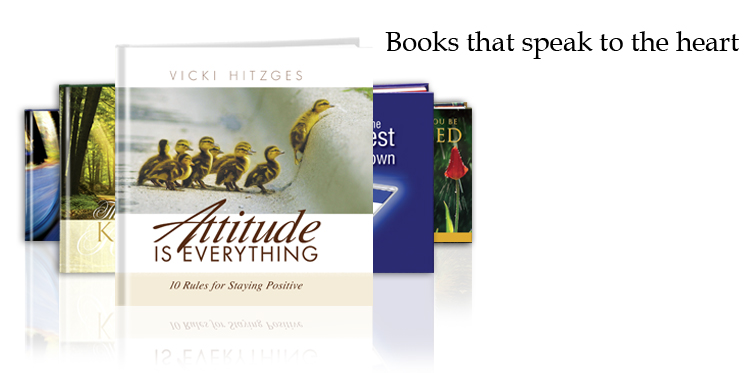One of my favorite, secular songs was sung by Jim Nabors in November, 1967 on the TV sitcom ‘Gomer Pyle, U.S.M.C.’ The song, ‘The Quest’ was originally written and sung in 1965 for the musical, Man of LaMancha. You might remember it better by the title of our lesson this Sunday morning at Waterview, ‘Impossible Dream’. But what is the Impossible Dream?
Sunday morning, June 30th, we’ll consider how the New Testament is a pattern of God’s thinking. We look into the mind of God as we read His word. But how can we duplicate that message today. What should we focus on as we strive to follow His commands, or is that…an impossible dream?
“…I will sing with the spirit and I will sing with the mind also.” I Corinthians 14:15
Sunday morning, June 30, 2013
The following songs are found in the hymnal, Songs of Faith & Praise.
If we are honest with ourselves, there times when you feel closer to God than other times. What causes that feeling of euphoria? What gives us that emotional lift as opposed to the times when we are feeling down. Circumstances can change in our life, and like the ocean tide, our days will ebb and flow. But when you find yourself lifted up and feeling God’s love and strength, sing a song of praise. “In moments like these, I sing out a song, I sing out a love song to Jesus…”
“Faith is the Victory” – 469
This spiritual songs recalls the armor of God and the battle we Christians should be preparing for. First, we sing to admonish the congregation to join in the spiritual battle against forces of darkness. The message is poetically clear in the first verse; as soldiers we are camped next to the hills of light (heaven), but we must be ready to go to war. Our fight is against the ‘night’ lest it should overcome the glowing skies (which seems to be the current situation in our society). How should we be fighting? John Yates wrote, “…let all our strength be hurled.” Not a timid approach in this spiritual battle. But note verse 3 (missing from many of our hymnals)… “On every hand the foe we find drawn up in dread array. Let tents of ease be left behind and onward to the fray. Salvation’s helmet on each head with truth all girt about, the earth shall tremble neath our tread, and echo with our shout…” With our faith in God, we have victory!
“O Sacred Head” – 318
An old hymn remembering Christ’s death. Poetically and musically it may be a challenge, but don’t lose the message in the old English. The video (below) adds an extra verse that is not in most hymnals, but is striking none the less. Christ’s sacrifice leaves us all speechless as we consider His love. Perhaps, the second verse says it best; “What language shall I borrow to thank Thee, dearest Friend, for this Thy dying sorrow; Thy pity without end…”
“Boundless Love” – 325
The love of God, as we sing in this song, is ‘boundless.’ Defined, boundless would mean without limits. God’s love for us cannot be measured, and as we sing the second verse we’ll transition from boundless love to boundless grace. Boundless grace…because of Calvary.
“Savior, Thy Dying Love” – 667
Following the Lord’s Supper and during the passing of the collection plate we’ll sing this hymn from the 1860’s. It serves as a good reminder of the sacrifice (our Savior’s dying love). Notice the last line from the first three verses; “…some offering bring Thee now, something for Thee.”, “…some song to raise or prayer, something for Thee.” “…some wanderer sought and won, something for Thee.” But now read the last line of the fourth verse. “And when Thy face I see, my ransomed soul will be, through all eternity, something for Thee.” You give a few dollars when the collection plate comes around, but what will you give when Monday morning comes around?
“Leaning on the Everlasting Arm” – 589
We’ll sing this spiritual song of encouragement before this morning’s lesson. How can we find fellowship and joy in Christ? According to E.A. Hoffman (1887) we find fellowship while ‘leaning on the everlasting arm.’ We have peace of mind while leaning on the everlasting arm. Leaning on Jesus…safe and secure from all fear (alarms).
“Nearer, My God, to Thee” – 684
On occasion we’ll sing a non-typical ‘invitation’ song following our lesson. But this hymn to our Father is a clear call for us to draw nearer to Him. In the second verse of this hymn, notice the reference Genesis 28:11; “When he (Jacob) reached a certain place, he stopped for the night because the sun had set. Taking one of the stones there, he put it under his head and lay down to sleep.” We’ll sing, “Tho like a wanderer, the sun gone down, darkness be over me, my rest a stone; yet in my dreams I’d be nearer, my God, to Thee…” Perhaps this is more of an invitation song than we have thought…to be nearer to our God is the call we should all be responding to.
“Surround Us, Lord” – no book
Taken from Psalm 125:2, this ‘psalm’ serves as a great ‘spiritual song’ of encouragement. The singer and the listener are called to hear and understand that, “…we need to be in Your (God’s) presence.” As the mountains provide security and protection to the city of Jerusalem, so the Lord provides and protects His people. We are truly blessed to be called child of God.



